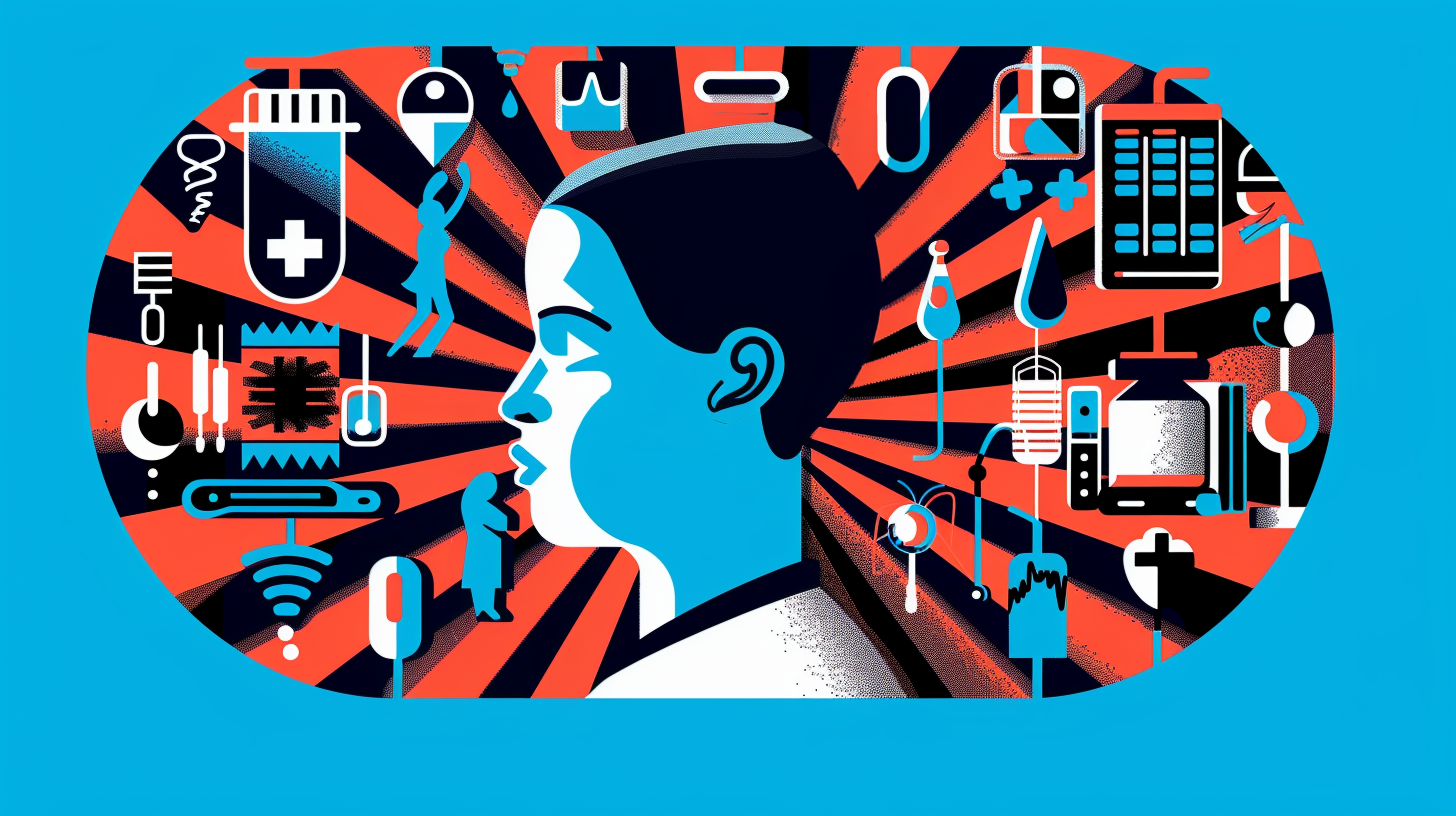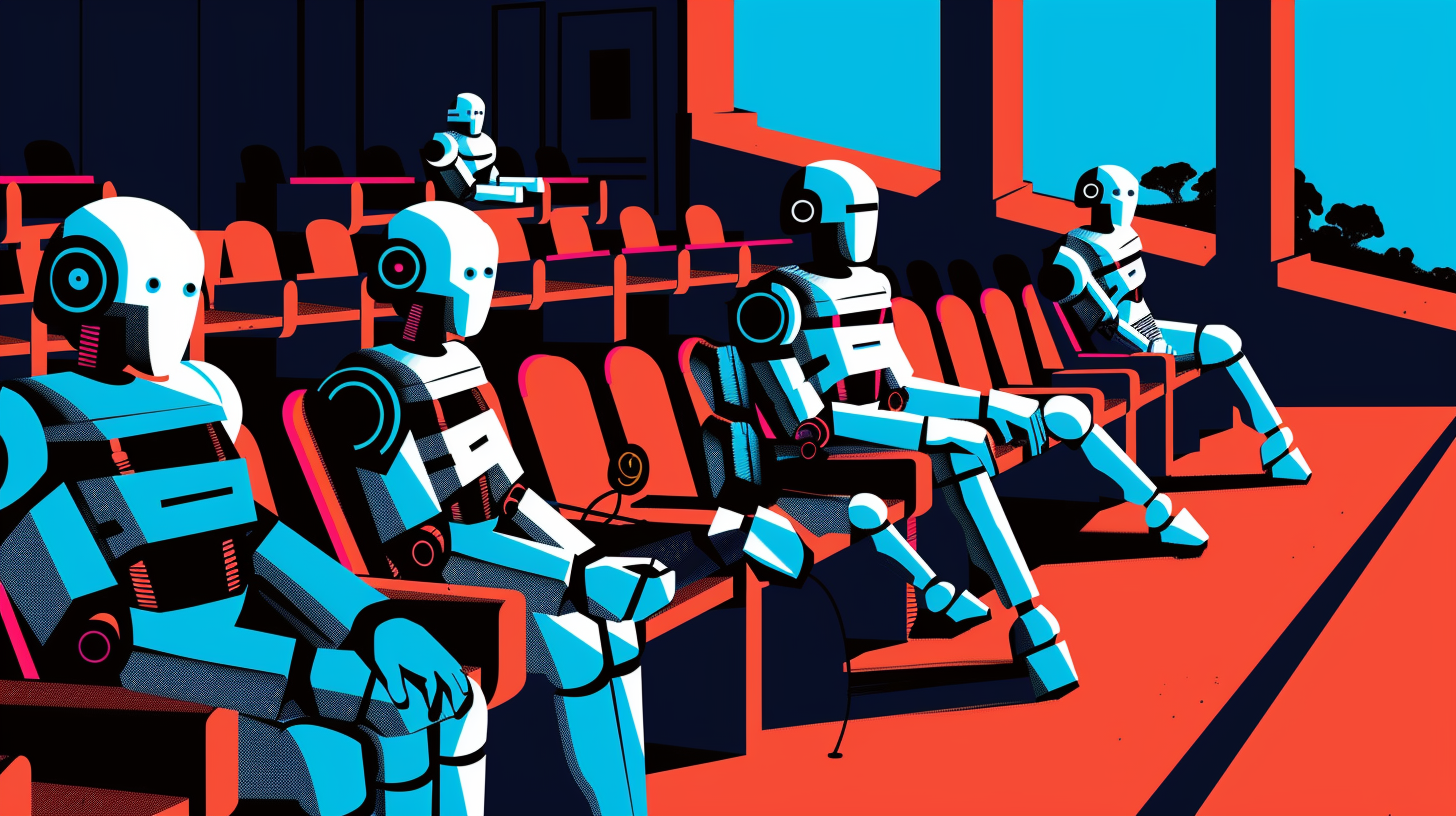I have lots of conversations with hospital and healthcare leaders about patient empowerment. And for years, those conversations have centered on finding ways to help health systems offer educational, financial, and administrative resources through better digital experiences. In other words, using technology to give patients greater control over their own health experience.
READ MORE
Across industries, companies are on the brink of a second wave of digital transformation, fueled by AI and emerging technologies. But in healthcare, many organizations haven’t even completed their first digital transformation. While other sectors are pushing forward with cutting-edge tools and personalized digital experiences, too many healthcare websites still struggle with the basics of content management, user experience, and accessibility.
READ MORE
Last week I saw a quote that resonated with me:
“All behavior makes sense with enough information.”
It’s a simple way of illustrating the B2me approach we use at White Rhino. Behind every choice or belief is a person with a history of personal and emotional experiences. And the actions we take - no matter how they come across to other people - are a result of those experiences.
READ MORE
Knowledge built on knowledge is what separates human beings from all other creatures on the planet. In large part, the current lives we enjoy are thanks to millenia of cumulative knowledge.
READ MORE
When Google Glass launched to the public in 2014 after a $400 Million investment, it was heralded as the next big thing in wearable technology. But, less than a year later, the product was pulled from shelves. It’s a prime example of the unfortunate reality of innovation. Having a vision for a revolutionary product is not enough.
The launch campaign for Google Glass struggled to paint a clear picture of its place in consumers’ everyday lives.
“...though I tried, very hard, to make Glass a part of my life, I simply didn't feel comfortable with the screen hovering just out of my line of sight.” April 2014 Review in The Washington Post
Success and failure in innovation hinge on your ability to help others see themselves in the future you’ve envisioned. The iPod is a perfect case study. It wasn’t the first to market, but its success over other failed MP3 players can be attributed to Apple's ability to envision a new future of music consumption. Steve Jobs didn't just sell a device; he sold an experience, a new way of interacting with music that was so compelling that people wanted to be in this new world.
READ MORE
Today’s media is buzzing with pretty dramatic headlines declaring the end of cookies on the web. But here's the thing: it's not all doom and gloom for marketers. For marketers who have relied heavily on third-party cookies over the past several years, the shift to a cookie-less web can feel daunting. But our ability to personalize messages and offers is not going away. We just need to be more mindful and strategic about the way we collect and use data.
READ MORE
Creating moments of customer serendipity
Where “serendipity” is used to describe the coincidental occurrence of events in a beneficial way, the concept of customer serendipity is not a matter
of chance at all.
With right strategy and technology, you can deliver the right content at exactly the right time that it matters. It seems like surprise to your users and yet it is a trusted and welcomed interaction.
Today’s modern and personalized web architectures allow you to give each user a unique experience tailored to their needs.
READ MORE
SUBSCRIBE
sign me up for news, inspiring creative, and other updates (privacy policy)
POST TOPICS
- Healthcare (50)
- Strategy (44)
- Best Practices (27)
- Technology (26)
- B2Me (24)
- Digital Marketing (24)
- Copywriting (20)
- Addictive Experience (14)
- B2B (13)
- Creative (10)
- Experts (9)
- Addictive Marketing Podcast (8)
- healthcare revenue generation (7)
- Behavior Change (6)
- Content Management System (5)
- Gamification (5)
- CMS (4)
- Lead Generation (4)
- Advertising (2)
- Branding (2)
- Journey Mapping (2)
- Lead Nurture (2)
- Market Research (2)
- Sustainability (2)
- AR (1)
- Augmented Reality (1)











